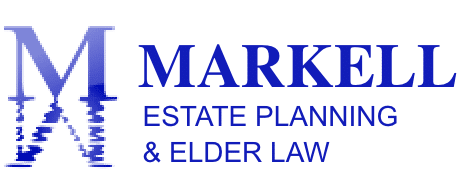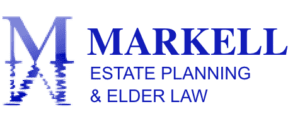We Plan Today For Your Tomorrow
Markell Estate Planning And Elder Law
With us on your side, you can trust that you are in the hands of caring and experienced representation.

Copyright © All Rights Reserved
Opening Hours:
Monday – Friday 9am – 5pm
Weekends By Appointment Only
O’Fallon Location
6700 Keaton Corporate Pkwy.
Suite 102
O’Fallon, MO 63368
(636) 466-8349
Springfield MO Location
1736 E. Sunshine St.
Suite 106
Springfield, MO 65804
*By Appointment Only*
(417) 708-9464
The information on this website is for general information purposes only. Nothing on this site should be taken as legal advice for any individual case or situation. This information is not intended to create, and receipt or viewing does not constitute, an attorney-client relationship.
Website built and managed by McElligott Digital Marketing
